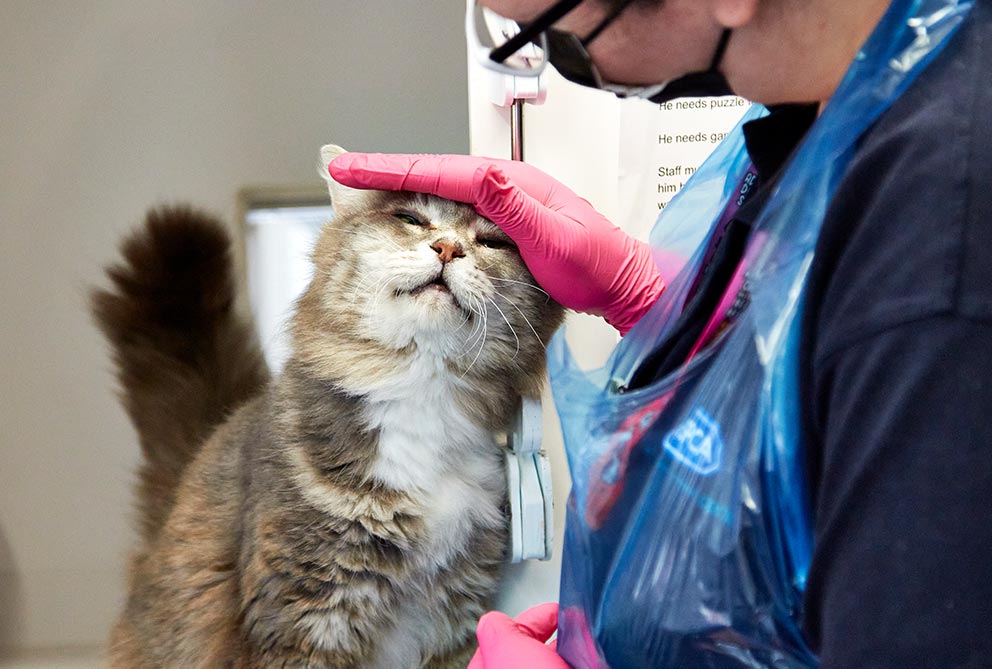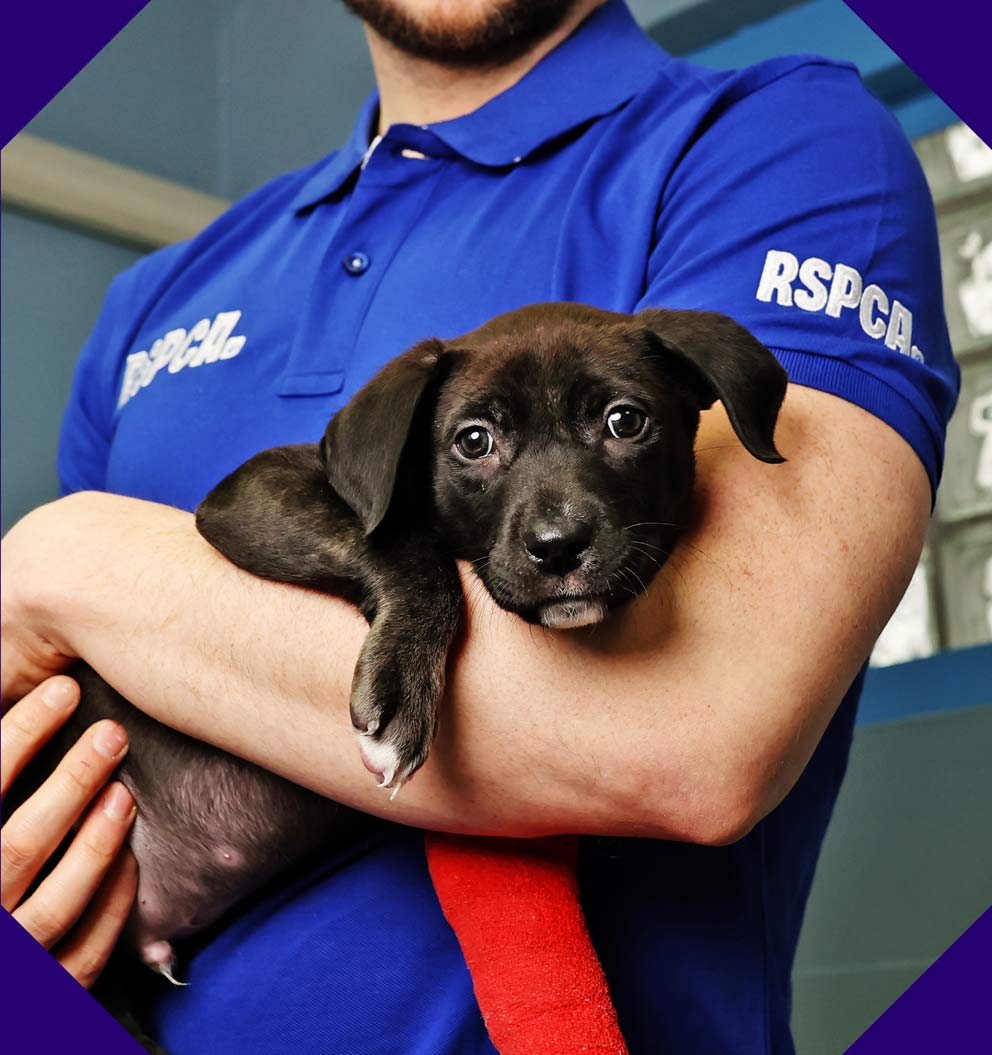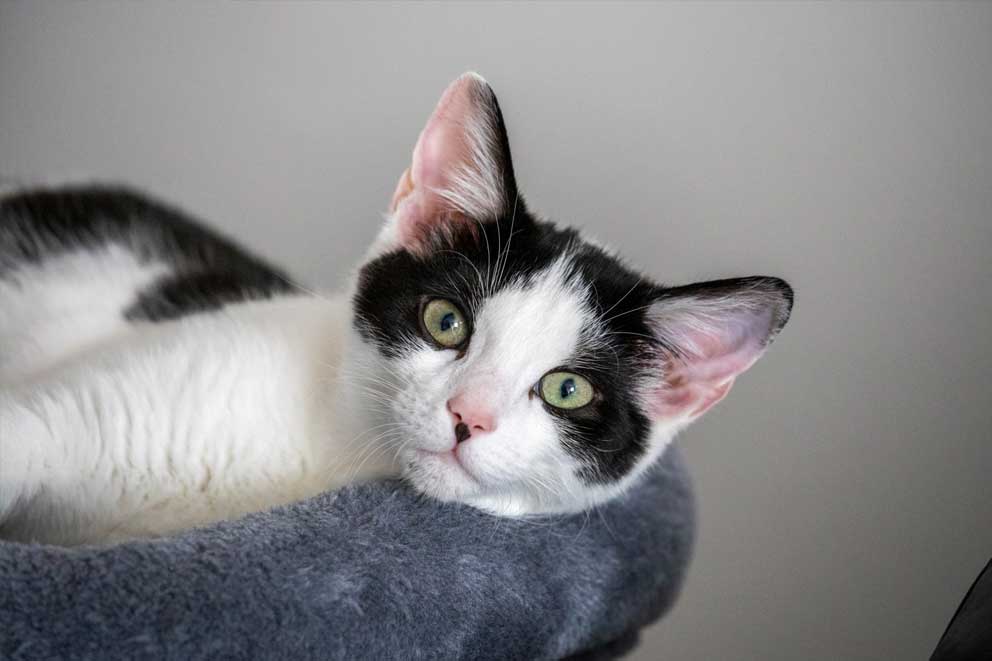- Find a Pet
- Advice and Welfare
- Ways to Give
- Get Involved
- What We Do
- Search
- My RSPCA
- Report a concern
- Gift in Wills
-
Colour modeVivid Calm
- Home
- What we do
- Care for animals
- Veterinary care
Veterinary care
From budgies to badgers, our dedicated veterinary staff help as many animals in need as possible. Our hospitals and clinics are dotted around the country.
We can't help everyone so we try and provide for pet owners who need our help the most. Check with your local RSPCA to see if you are eligible for low-cost vet care.

Basic treatments
There is a high demand for basic vet care, so we focus our resources right there - doing the basics well, and allowing us to treat more animals. We offer high-quality services that promote responsible pet ownership.
Veterinary services in your area
Depending on where you live you may be able to take your pet along to one of our hospitals or branches - or even one of our two mobile clinics.
If we don't offer veterinary services in your area, we may be able to provide financial assistance. At the very least we will advise you of your options and try to help. We also recommend that pet owners consider taking out pet insurance. This will help you to cope financially with any unexpected bills.
You can also find a vet through the Royal College of Veterinary Surgeons (RCVS).
Emergencies
If you are registered at one of our hospitals, we are on hand round the clock to respond to emergencies. Some private vets may also offer a 24-hour service.
If you can't contact your own vet, then you can contact a vet 24 hours a day for advice through the RCVS.

Injured and wild animals
In addition to our hospitals and clinics, we have vets working in our wildlife centres. We treat injured stray and wild animals who are brought to us by members of the public or our field staff, such as inspectors and animal welfare officers.
If you find an injured animal, please check our advice online.

For more pet care advice
Our monthly newsletter is packed full of pet care advice, hints and tips on helping wildlife, our latest news, rehoming success stories and more.



